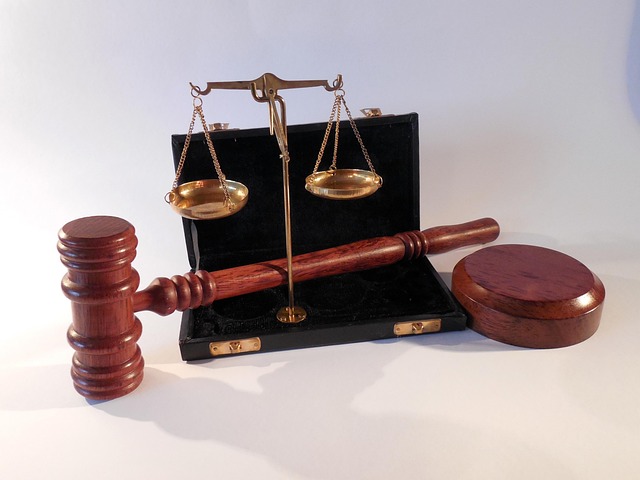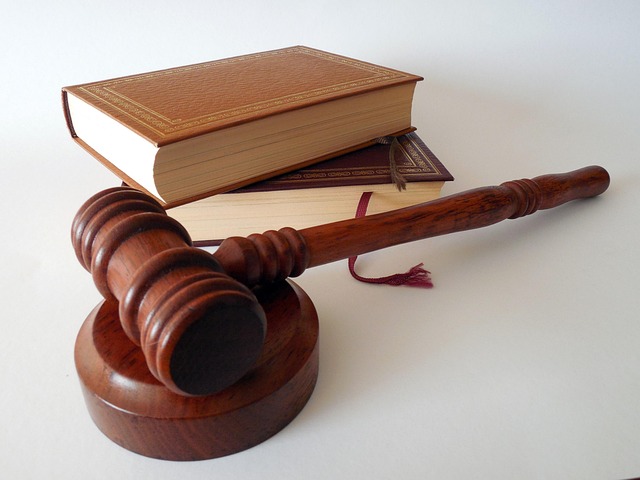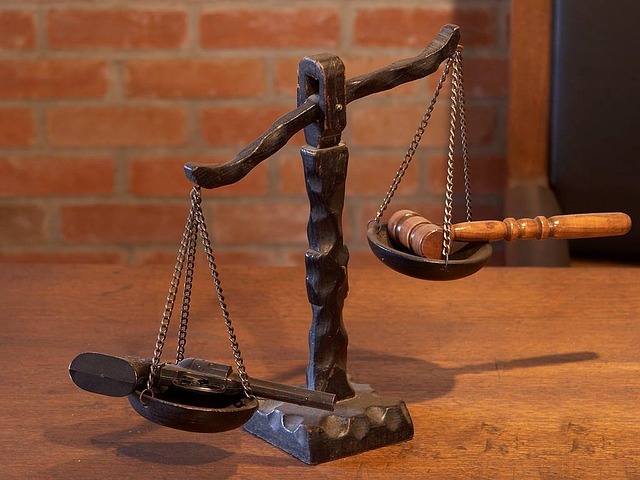Regulatory Fraud Laws combat false advertising, protecting consumers and market integrity. Suing for false advertising involves identifying fraudulent claims, gathering evidence like consumer complaints and market research, and navigating legal experts. Cases may lead to investigations, enforcement, and jury trials, awarding damages and injunctive relief. Skilled attorneys use strategic planning, civil litigation, and tailored legal tools to ensure justice in complex cases, focusing on compensatory damages and public interest. Understanding the legal framework and gathering compelling evidence are crucial steps when considering suing for false advertising.
Navigating the complex landscape of regulatory fraud laws is crucial for businesses aiming to protect consumers from deceptive practices. This article delves into the intricacies of understanding, identifying, and pursuing false advertising, a common form of regulatory fraud. We explore key definitions, provide industry-specific examples, and outline effective legal strategies. Learn the essential steps to sue for false advertising, including evidence collection, legal proceedings, and consumer protection measures, to ensure compliance and safeguard your brand’s integrity.
- Understanding Regulatory Fraud Laws: Key Definitions and Scope
- Identifying False Advertising: Examples and Industry Specifics
- Building a Strong Case: Evidence Collection and Legal Strategies
- Steps to Sue: Legal Proceedings, Damages, and Consumer Protection
Understanding Regulatory Fraud Laws: Key Definitions and Scope

Regulatory Fraud Laws are a crucial set of rules designed to protect consumers and maintain market integrity. At their core, these laws define and penalize deceptive practices that mislead individuals or businesses. Central to this understanding are key definitions like ‘false advertising’—a common tactic used by entities to promote products or services with misleading claims. The scope of these laws is vast, encompassing various sectors from healthcare to finance, ensuring that corporations and individuals adhere to ethical standards.
Knowing the steps to sue for false advertising is essential in achieving extraordinary results against wrongdoers. This legal process involves several stages: identifying the fraudulent claim, gathering evidence, consulting with legal experts, filing a complaint with regulatory bodies or initiating private litigation, and ultimately seeking remedies through settlement negotiations or jury trials. Addressing white-collar and economic crimes requires meticulous navigation of these steps to ensure justice and deter similar misconduct in the future.
Identifying False Advertising: Examples and Industry Specifics

Identifying false advertising involves scrutinizing claims made by businesses to ensure they are truthful and backed by evidence. This is particularly important in today’s digital era where marketing messages can reach vast audiences swiftly. From misleading product descriptions to exaggerated health benefits, false advertising takes many forms. For instance, a skincare brand claiming its product can miraculously eradicate wrinkles within days without substantiating these claims with clinical trials would be considered deceptive.
Industry-specific regulations further delineate what constitutes permissible and prohibited advertising practices. Food companies must provide accurate nutritional information, while pharmaceutical firms are subject to stringent guidelines regarding drug efficacy and safety claims. Steps to sue for false advertising involve gathering evidence of deceptive practices, such as consumer complaints, market research data, or expert testimony from industry professionals. These investigations lead all the way through the investigative and enforcement process, potentially culminating in jury trials where damages and injunctive relief may be awarded to affected consumers or businesses.
Building a Strong Case: Evidence Collection and Legal Strategies

Building a strong case against regulatory fraud begins with meticulous evidence collection and strategic legal planning. In high-stakes cases, where false advertising or deceptive practices are involved, the first step is to gather concrete proof of wrongdoing. This includes documenting any misleading statements made by the defendant, collecting marketing materials that perpetuate the false narrative, and preserving digital records such as social media posts, emails, and website content that serve as evidence of fraudulent activity.
Legal strategies for these cases often involve a combination of civil litigation and, in some instances, general criminal defense tactics. The goal is to secure a complete dismissal of all charges by demonstrating beyond a reasonable doubt that no crime was committed or, at the very least, that the defendant’s actions did not constitute fraud. Skilled attorneys will employ various legal tools tailored to the specific false advertising claims, focusing on strategies like injunctive relief, damages recovery, and public interest considerations to ensure justice is served in these complex cases.
Steps to Sue: Legal Proceedings, Damages, and Consumer Protection

When considering steps to sue for false advertising, understanding the legal framework is crucial. The first step involves gathering evidence to prove that misleading or deceptive statements were made by a respective business. This can include documents, records of communication, and testimonials from affected consumers. Once this is established, individuals or groups can file a lawsuit in court, outlining the violation of consumer protection laws.
The process navigates through various phases, from initial filing to discovery, where both parties gather relevant information. If successful, plaintiffs can be awarded damages to compensate for losses incurred due to the false advertising. These high-stakes cases have far-reaching implications, setting precedents across the country and ensuring businesses adhere to honest marketing practices, protecting consumers in the process.
Regulatory fraud laws play a vital role in protecting consumers from deceptive practices. By understanding key definitions, identifying false advertising across various industries, and employing effective legal strategies, individuals can build strong cases against transgressors. When it comes to suing for false advertising, the process involves navigating legal proceedings, gathering compelling evidence, and seeking appropriate damages under consumer protection laws. Staying informed about these steps is essential to ensuring justice and holding businesses accountable for their actions.






